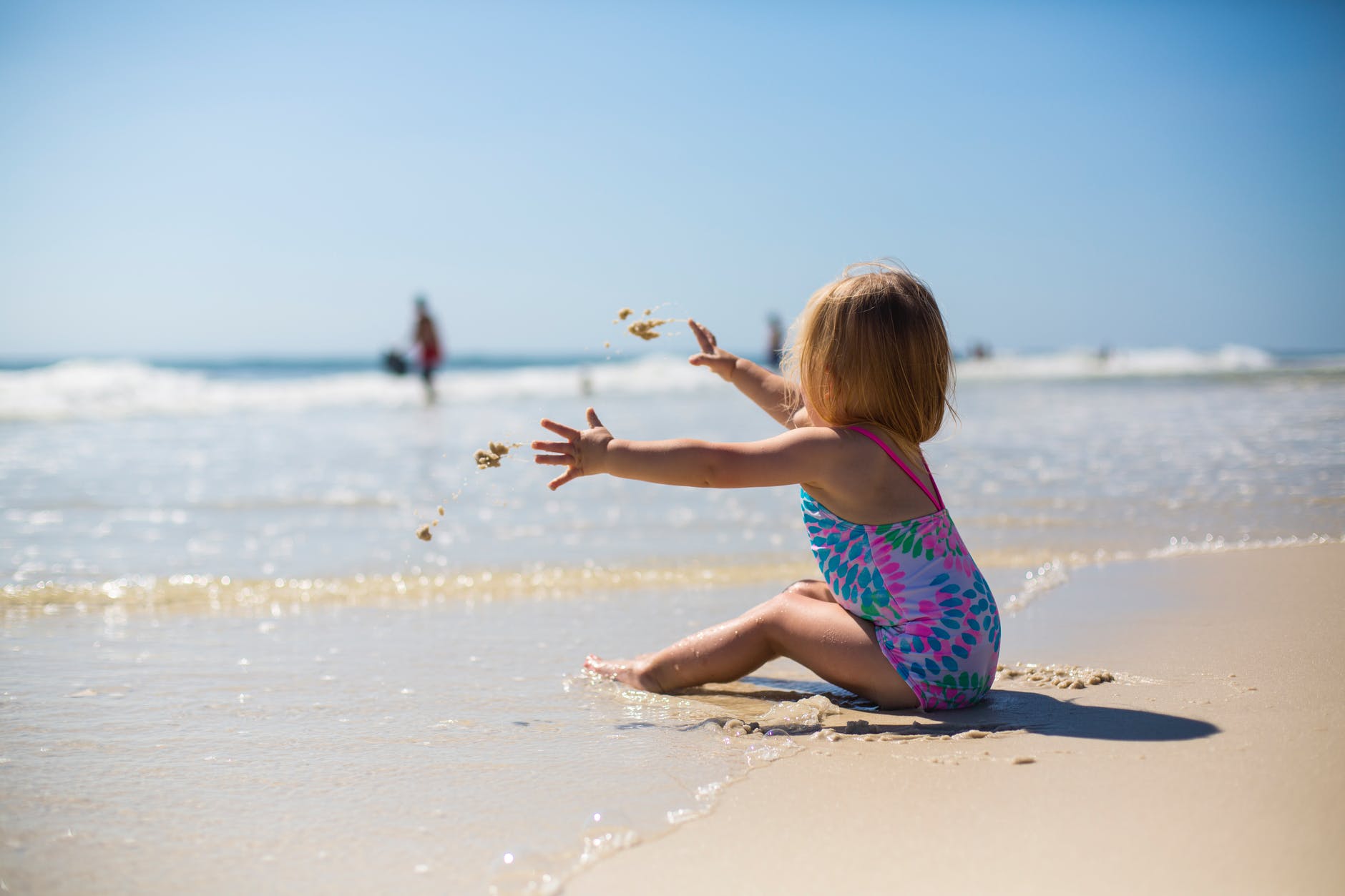Looks like the weather outside just turned into some hot summer days, especially in states like Florida. This would have been the time of the year when everyone plans for a beach vacation or a weekend getaway by the lake, but this year will be a little different from the usual.
Coronavirus has reached an alarming level of spread and severity in many countries around the world. Hence, leisure centres and other gathering places are hard to come by these days. With beaches and waterparks closed, a lot of us are left with nothing to do but to spend the summer break with a little “staycation” and a question whether it is safe to go swimming or not.
How safe is your backyard pool from COVID-19?
By this time, everyone must have heard and seen a lot of news about this pandemic going on and how the virus can transmit through person-to-person contact. Your lap pools in the backyard are probably your last fortresses of fun this quarantined summer. But, before you let your kids jumped into the waters, make sure that a little fun will not put your family at risk.
According to research from the University of Arizona, there are other strains of coronavirus that can survive in tap and wastewaters with normal room temperatures or cooler. Even if these infectious droplets can contaminate wastewaters, experts argue that large bodies of water such as oceans, lakes, and rivers can dilute the virus concentration. There is also no evidence of virus transmission through the use of chlorinated water sources like tap waters, bathtubs, and pools because the chlorine has the ability to inactivate the virus and other contaminated droplets.
So, yes. Your pool is safe from virus spread and contamination AS LONG AS it is maintained adequately. While you can be assured that the pool itself is safe, observing social distancing must still be observed. Especially in communal pools of condominiums and other shared residential areas.
Here are a few ways on how you can ensure the family’s safety when using the pool.
- Take a shower before and after swimming. The pre-swim shower helps prevent the buildup of the body’s impurities in the water. The post-swim shower, on the other hand, helps ensure that your body is leaving all the bacteria behind to keep you from the risk of contracting infections and skin diseases.
- Make sure to wash your hands with soap very thoroughly before and after taking a dip in the pool. For sure, you will be touching the pool handrails, shower handles, and deck surfaces so better wash your hands for at least 20 seconds and apply some hand disinfectant once you return inside the house.
- Keep your swimming kits and towels clean by soaking them into warm water with at least 60-degrees temperature. This way helps remove the bacteria buildup or the living bugs in your towels.
- Never ever let a person use the pool if he or she is sick or has any flu-like symptoms. This is a strict measure you need to follow in order to reduce the spread of any disease among the family or the community.
- Your personalised swim caps must always be worn every time you use the pool. There are different types of swim caps but nothing protects and holds your hair together like a latex swim cap. Not only does a swim cap keep your hair dry and chlorine-free but it also maintains a cool head under the extreme heat of the sun.




